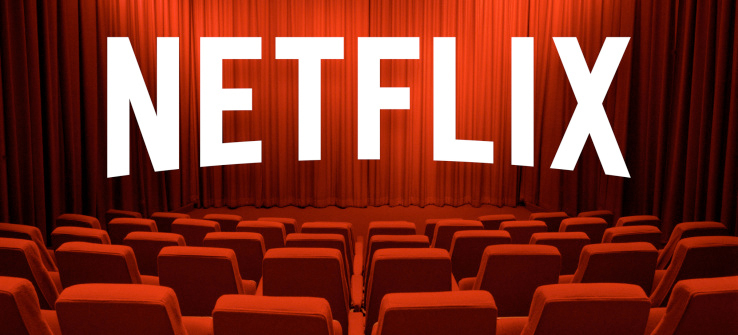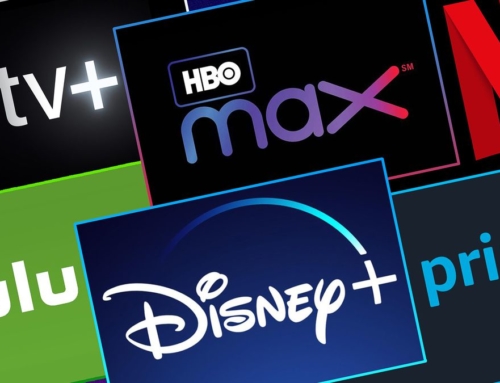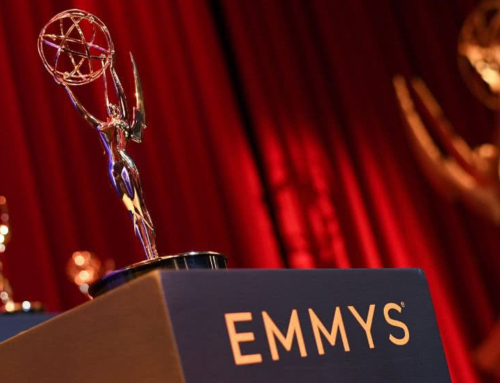
Netflix has had a tough year when it comes to movies. The streaming giant made headlines earlier this year when they pulled their films from the highly-lauded Cannes film festival. Netflix made the decision to withdraw from the festival after festival organizers instituted a new rule that disqualified films from competing if they did not have plans for a theatrical release in France. Although the company could still have screened their films in Cannes, they would not have been eligible for any of the awards. Netflix’s chief content officer, Ted Sarandos, took this move as a clear indication that the company was not welcome at the festival. At the time Sarandos said: “There’s a risk in is going in this way and having our films and filmmakers treated disrespectfully at the festival. They’ve set the tone. I don’t think it would be good for us to be there.”
The rule change at Cannes came about following Netflix’s success at the 2017 festival. The company screened both Bong Joon-ho’s “Okja” and Noah Baumbach’s “The Meyerowitz Stories” in competition, and both films were received well. However, the screenings were followed by backlash from French theatre owners and unions, who were upset about the inclusion of these films in the festival since they would not have a theatrical release. At the time, Netflix stated that they would be open to showing their films in theatres, but a law in France which disallows films from being shown on home platforms for 36 months after its theatrical release had prevented them from doing so. Ultimately, Cannes sided with the theatres and locked Netflix out of its competition. Netflix didn’t take the criticisms from Cannes lightly. In an interview with Variety, Sarandos said, “we are choosing to be about the future of cinema. If Cannes is choosing to be stuck in the history of cinema, that’s fine.”
In light of this, Netflix chose to look towards the near future and headed to the world’s oldest film festival in Venice this past August. The company took to the Venice international Film Festival and premiered six of its upcoming titles. Alfonso Cuaron debuted his autobiographical epic “Roma”, which ultimately took home the top prize at the festival: the Golden Lion. Netflix picked up another accolade at the festival when Joel and Ethan Coen won Best Screenplay for their upcoming western series “The Ballad of Buster Scruggs,” which will premiere on Netflix this October. Although the praise was high, Netflix’s awards didn’t go without criticism. Various filmmakers and organizations in Italy described the festival as a “marketing vehicle” for Netflix following the unveiling of the Golden Lion award. Critics then called for the launch of an investigation into the ways in which the festival had promoted Netflix. Specifically, critics were upset that the festival was giving a boost to a film that would not screen in theatres, while Italian and other European filmmakers would struggle to succeed in cinemas amidst dwindling ticket sales and online piracy. In response, Italy’s Minister of Cultural and Heritage Activities, Alberto Bonisoli, defended the decision, saying: “We are faced with a new world, a world that can not be managed by imposing decrees, but we have the authority to confront and bring back to the system what is an evolution.” Amidst the controversy, Netflix left Venice with its first major European festival award. Riding high off this momentum, Netflix headed to Toronto.
Netflix brought eight films to the Toronto International Film Festival (the most the company has ever screened at a festival). “Roma” had its North American premiere and received high praise from critics following its screening. Other films included the world premiere of the medieval drama “Outlaw King”, starring Chris Pine. This film received the much-lauded opening night spot, becoming the first time a streaming company has opened an international film festival. Speaking of the decision to launch a Netflix film on opening night, festival chief Cameron Bailey said, “We went with the best film we could find that really fit the scale that we want for opening night.” Also on the docket this past week was the world premiere of “Quincy” – a documentary centred around the life of Quincy Jones. The film reportedly received a standing ovation following its screening.
Unlike other festivals, TIFF seems to have embraced Netflix with open arms: Bailey was quoted as saying that TIFF was “fully behind the theatrical experience…but if the films come from a streaming service, that’s just fine.” He went on to say that studios such as Netflix are currently “supporting some of the best talent around these days…and we really value not only the theatrical experience but the ability of filmmakers to make the films they want to make. So whatever is going to get those films made, we are supportive of.”
This slow change in attitude from the industry seems due to the fact that while mainstream studios continue to churn out films at a pace and structure that is focused on capturing ticket sales, Netflix, and other streaming companies such as Amazon, have given both upcoming and established filmmakers the freedom to create something new. This has proven to be good news for both Netflix and TIFF itself, as the festival has lived up to its moniker as the “festival for the people” while embracing changing formats in cinema.
In devoting huge amounts of resources to creating original films ($13 billion USD in 2018 alone), Netflix has reached a milestone in Toronto by capturing the attention of cinephiles as well as mainstream audiences, and by generating Oscar buzz for its films. After being scorned by Cannes, arguably the most prestigious film festival in the world, Netflix has taken over TIFF and proven that they are a viable film studio and not just a streaming service. Although they’ve had a bumpy start with their original films, Netflix seems to have found their footing – which has only been elevated by their success at festivals in Venice in Toronto. Could this finally be the year that the company nabs a coveted Oscar? We’ll have to wait until February to find out for sure, but the future looks bright for Netflix.










